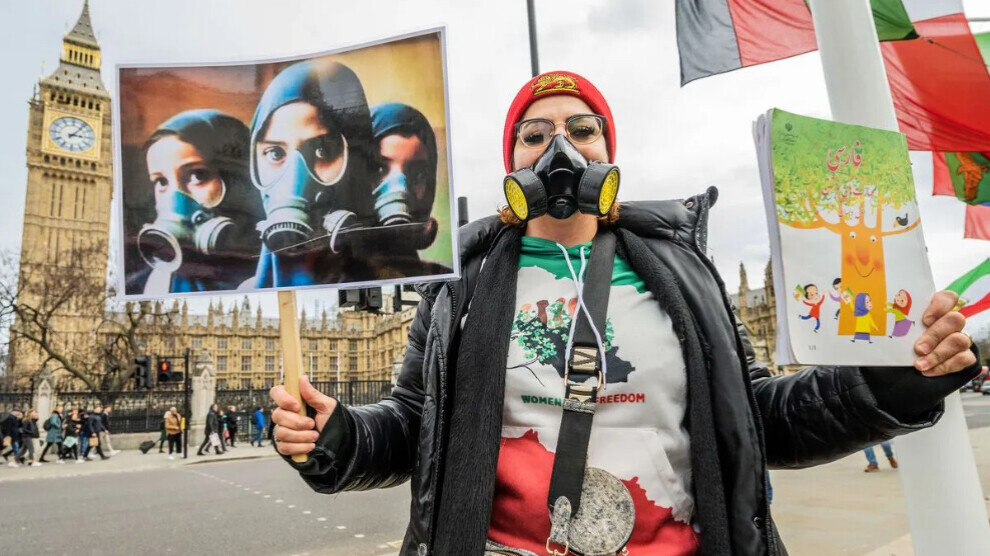Poison attacks on schoolgirls continue in Iran
Poison attacks against schoolgirls continue in Iran and East Kurdistan for the fourth month.
Poison attacks against schoolgirls continue in Iran and East Kurdistan for the fourth month.

Poison attacks on schoolgirls in East Kurdistan and Iran continue. Many students are reported to have been affected by the gases on Sunday.
On March 12, a poison attack targeted a school in the village of Bêsaran in the Jaawu region of the city of Sine (Sanandaj) in East Kurdistan.
The Ministry of Interior said that more than 100 suspects have been detained so far. Supreme Leader Ayatollah Ali Khamenei called for "the severest punishment" for the perpetrators. According to Iranian officials, suspects have been detained in Tehran and in 10 other provinces.
Iranian Education Minister Yusuf Nuri claimed that schools are safe, and students can go to schools without fear of poisoning.
In the meantime, protests against attacks also continue. Kurds from East Kurdistan and Iranians organized protests on Sunday in New Zealand, Canada, America, Sweden, Italy, France, Denmark, Germany and many more countries and expressed their support for the 'Jin, Jiyan, Azadi' (Woman, Life, Freedom) uprising.
At least 30 students at Allamah Tabatabai University in Tehran were banned from entering the university after protesting against the poison attacks against female students.
The poison attacks began in November and 4 schoolgirls have died so far. While more than 200 schools were targeted across the country, more than 5 thousand students were affected by the attacks. Iranian officials blame "foreign forces" for the attacks, while most Iranians and opponents believe that state forces are behind the series of organized attacks.